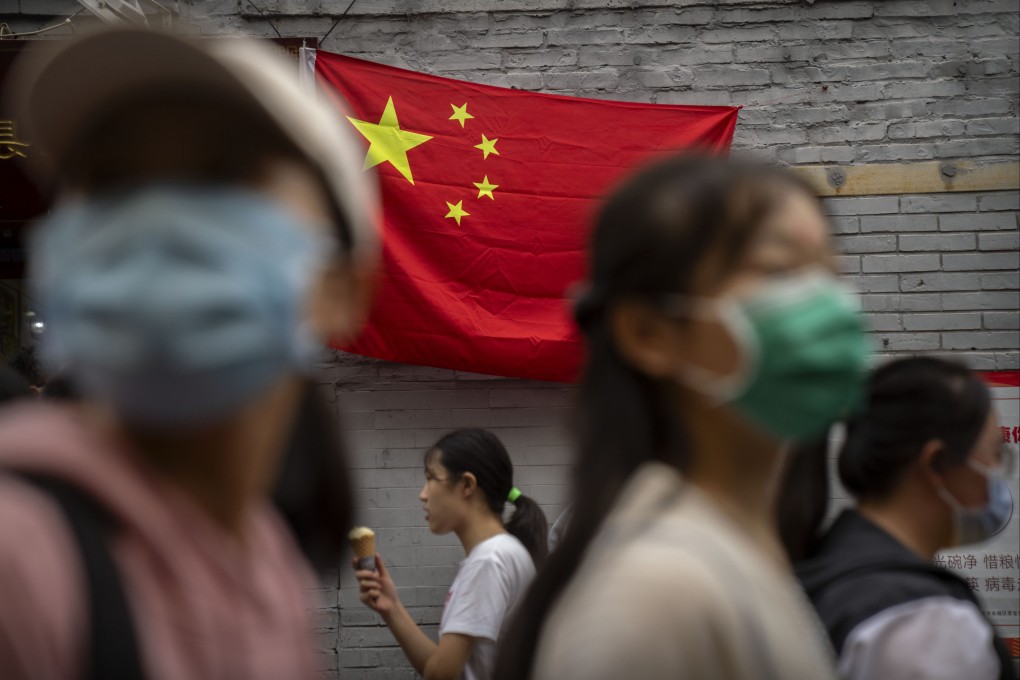China seeks to challenge US-led global order with ‘new world view’, analysts say
- Analysts say column in Communist Party mouthpiece is a sign of Beijing’s growing confidence to challenge Washington as ‘anti-democratic’
- China’s vision of the future offers ‘real-multilateralism’ under UN Charter, according to column

On Sunday, the Communist Party’s mouthpiece launched a diplomacy-focused column titled “Progression of a Major Country’s Diplomacy”, amid week-long celebrations for the 73rd anniversary of the People’s Republic.
“China has always advocated the practice of real multilateralism and promoted the democratisation of international relations,” the article said, describing the country as “a key force in maintaining world peace”.
“According to Beijing, Washington envisages closed groups of countries that cooperate in a way that could complicate the interests of third parties and thus violates the spirit of the United Nations Charter,” said Korybko, who is the author of The Law Of Hybrid War: Eastern Hemisphere.
“It’s a veiled reference to China’s consistent stance that the US imposes its will onto others at their expense, such as by adding political strings to economic, financial, humanitarian, and sometimes even security – particularly anti-terrorist – cooperation,” said Korybko, adding that while Washington tacitly implemented regime change, China supported “regime reinforcement”.
“Beijing is against external pressures influencing the process of reforms, which it believes must always be driven by exclusively domestic initiatives, such as new social contracts reached in peaceful agreement between the government and the governed without any foreign influence.”
